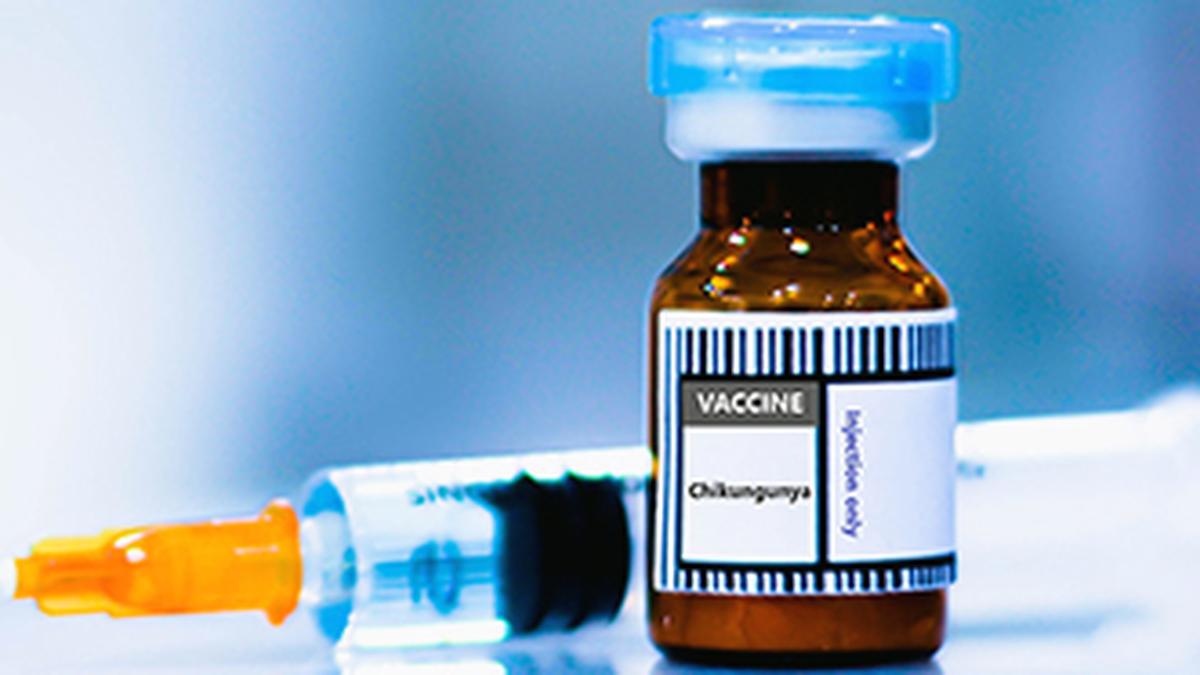US suspends Chikungunya vaccine following reports of serious side effects

Valneva received US approval for the vaccine in 2023, but concerns over side effects, particularly among older patients, prompted safety reviews this year, including by the European Medicines Agency.
US health authorities have suspended the license for the Ixchiq vaccine, which protects against the chikungunya virus, following reports of serious adverse events, the French manufacturer Valneva announced Monday.
Ixchiq is one of only two vaccines approved by the US Food and Drug Administration (FDA) for the mosquito-borne virus, which primarily affects tropical and subtropical regions but has recently appeared in other parts of the world.
Valneva received US approval for the vaccine in 2023, but concerns over side effects, particularly among older patients, prompted safety reviews this year, including by the European Medicines Agency.
According to the company, the FDA’s suspension, issued Friday, is effective immediately and comes after four additional serious side effect cases, three involving patients aged 70 to 82.
“While we assess potential next steps, and as the global threat of chikungunya continues to rise, Valneva remains committed to ensuring access to our vaccine as a critical global health tool,” said CEO Thomas Lingelbach.
The company noted that it is evaluating the financial impact but has not changed its revenue guidance, adding that Ixchiq generated 7.5 million euros ($8.8 million) in sales during the first half of 2025.
The news caused a sharp decline in Valneva’s shares, which fell more than 26 percent on the Paris stock exchange during opening trades.
Public health experts have warned that chikungunya could become a future pandemic threat as climate change expands the range of mosquitoes that spread the virus.
The disease causes high fever and severe joint pain, which can be debilitating and last for varying durations. While chikungunya is rarely fatal, infants and the elderly face higher risks of death.
In July, the World Health Organization (WHO) highlighted the risk of a major chikungunya epidemic, comparing early warning signs to those of a large outbreak two decades ago. That outbreak began in the Indian Ocean region before spreading globally and infecting nearly half a million people.
So far this year, Europe has recorded 27 chikungunya outbreaks, a new record for the continent, according to the European Centre for Disease Prevention and Control (ECDC).
With cases rising and vaccines under scrutiny, health authorities are urging governments and communities to take urgent preventive measures, including mosquito control, public awareness campaigns, and close monitoring of potential outbreaks.
The suspension of Ixchiq underscores the challenge of balancing vaccine availability with safety, particularly for vulnerable populations, as global health agencies continue to monitor the virus’s spread.
